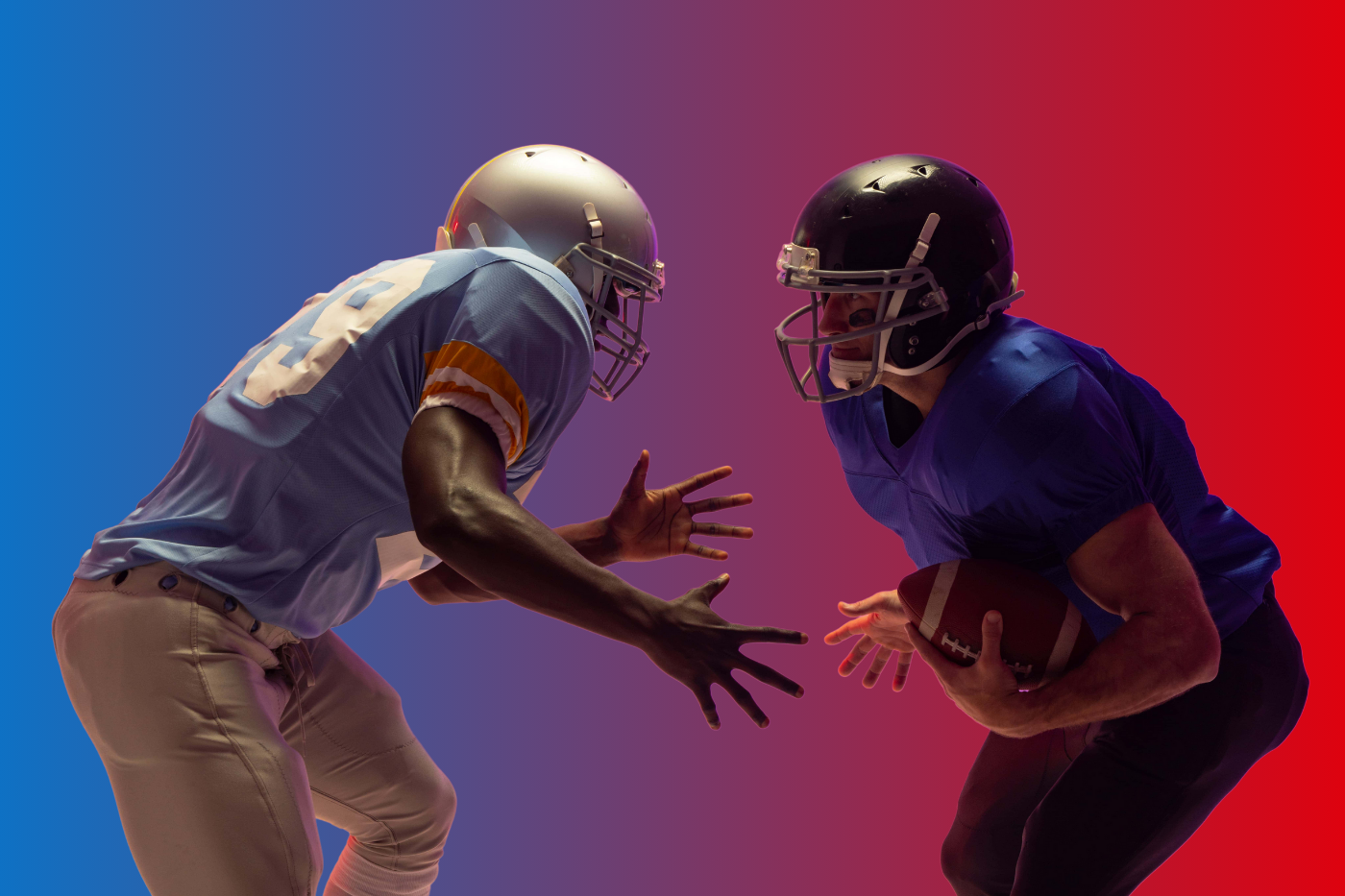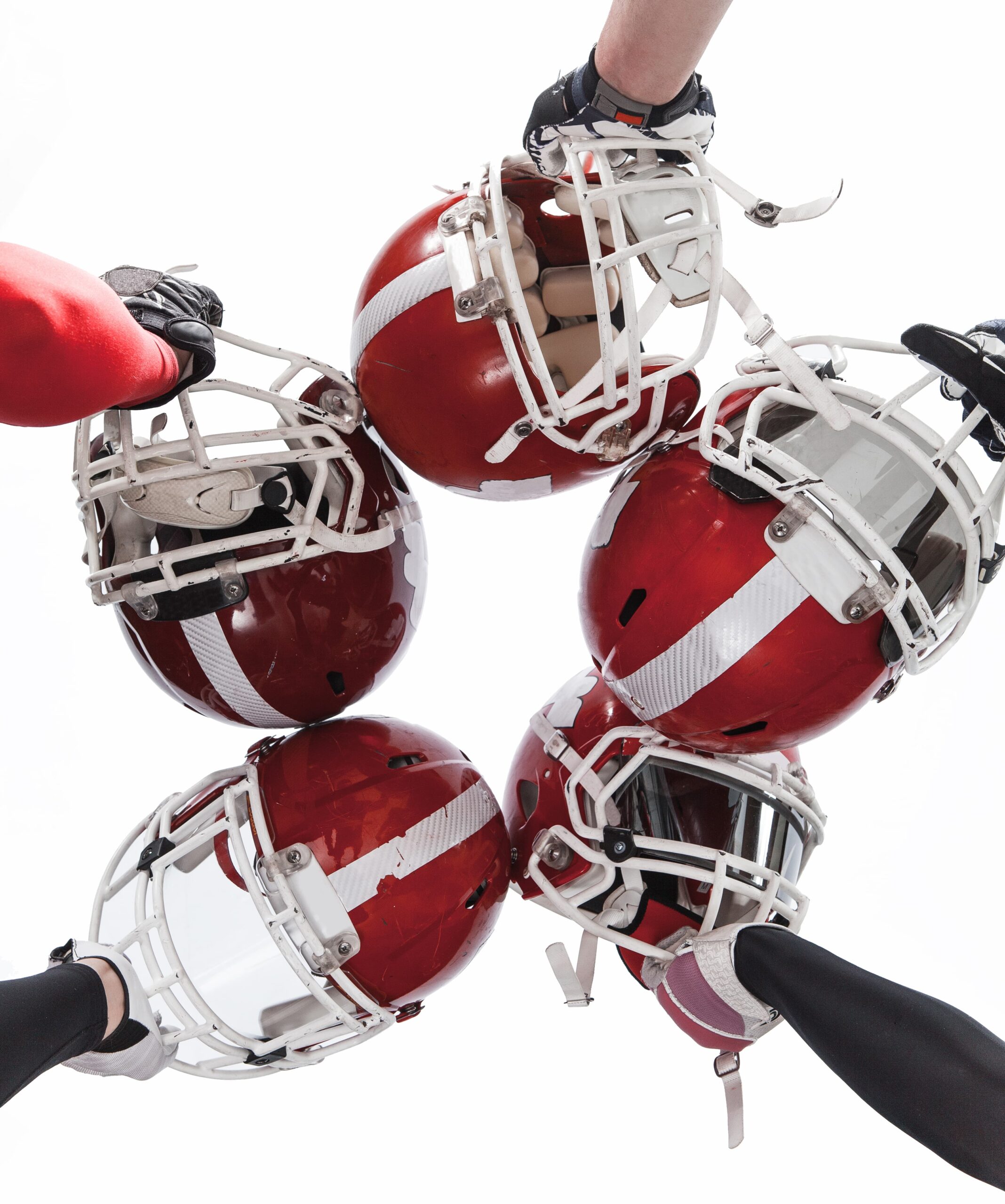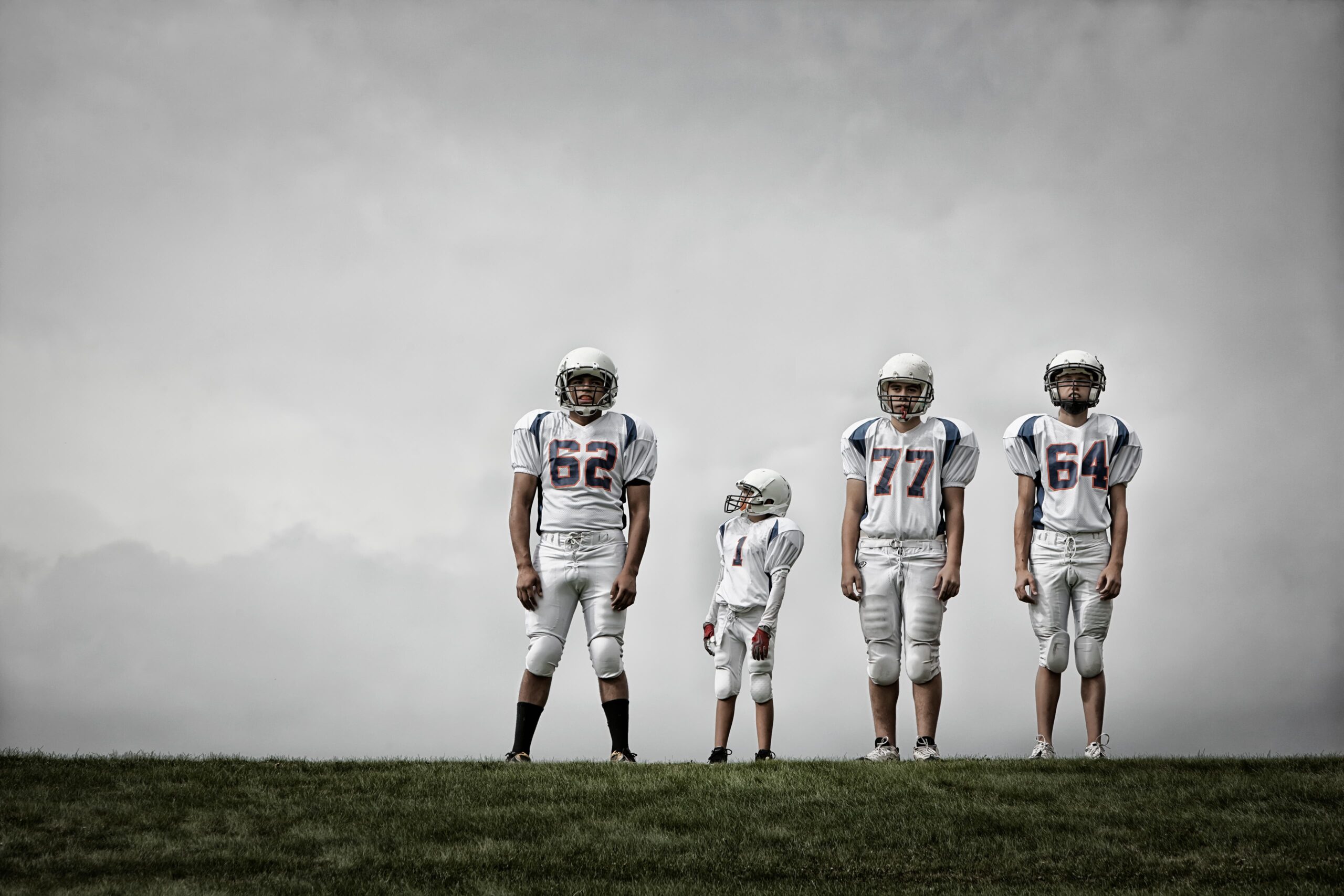Football is America’s sport. Players become household names, and teams create dedicated fanbases. Whether it’s the NFL, college football, or the excitement of Friday night lights at Pop Warner, fans are united by their love for the game.


A growing effort seeks to raise awareness about the dangers of head injuries in football and all contact sports—from the NFL to AYSO to everyday life. Concussions, sub-concussive events, and their long-term effects on the brain, including depression, an increased risk of neurodegenerative diseases, and chronic traumatic encephalopathy, continue to be a concern.
“We believe that football plays a positive role in the lives of its participants. It teaches valuable life skills applicable to a successful future. Among those are self-discipline, patience, selflessness, teamwork, courage, the ability to process complex information in split-second situations, and the ability to perform under pressure. These skills can help athletes prepare for life’s many challenges on and off the field. The goal of the Leigh Steinberg Foundation is to make the valuable teaching tools of football safer and to emphasize the need to safeguard the long-term health of athletes.”
The fact is, over 300,000 concussions occur annually from football alone.


And concerningly, athletes sustain even more sub concussive events that can easily go unnoticed and carry cumulative risks. In light of this, many parents wonder if it’s safe to enroll their children in tackle football. We believe that it is crucial to educate parents before they make this decision:
Studies have shown that three or more concussive events can affect an athlete’s quality of life as they age. This can take shape in the form of poorer attention spans, worse problem-solving abilities, slower processing speeds, memory problems, depression, and can even lead to CTE, a progressive, fatal brain disease and type of dementia. Each traumatic brain injury (TBI) exponentially increases an athlete’s risk of developing life-threatening neurodegenerative diseases like CTE and other forms of dementia.


Effects and symptoms of CTE are wide-ranging—from memory loss and trouble concentrating to complete changes in mood and behavior, including mood swings, depression, anxiety, and personality changes. People with CTE can have trouble building and keeping relationships, holding down a job, and may become a danger to themselves or others. Like other forms of dementia, the disease is progressive and fatal.
The younger an athlete is, the more susceptible their developing brain is to concussions and the long-term impacts of head injuries. According to the CDC, youth athletes ages 6 to 14 are fifteen times more likely to develop a concussion. Young brains are still developing, and any trauma suffered at this stage can lead to severe lasting impacts.


Moreover, the dangers to long-term brain health extend beyond concussions. Subconcussive events and repeated blows to the head—including head injuries that produce no immediate symptoms—can seem minor enough to go unnoticed by players and parents alike. Despite this, these types of injuries still exponentially increase young athletes’ risk of developing long-term problems. In fact, in recognition of the cumulative danger of relatively minor blows to the head, the U.S. Youth Soccer Federation banned headers for players 10 and younger.
Studies estimate that 11.2 high school football athletes suffer a concussion per 10,000 athletic exposures. This figure does not include subconcussive head impacts that occur frequently for some players, particularly linemen who endure subtle contact to the brain every play. Thousands of brain atrophies from subconcussive events can also lead to changes in cognition, mood, and incidence of CTE.

Below are starter recommendations from the Leigh Steinberg Foundation on how athletes, parents, coaches, leagues, and medical professionals can come together to tackle the concussion epidemic in football and other contact sports.


If you’re interested in more information on the latest news and discoveries involving brain health in sports as well as what the Leigh Steinberg Foundation is doing to make a difference, please consider signing up for our newsletter by clicking below.
Copyright © 2025 Leigh Steinberg Foundation All rights reserved.